To be considered a candidate for graduation, students must apply for graduation online through GGU4YOU. Applications are due by December 1 of the year prior to the commencement ceremony for their graduation class. Students planning to graduate must submit this form whether or not they expect to attend the commencement ceremony. Only students who are in good academic standing and good financial standing will be eligible to participate in the commencement ceremony.
Students visiting away at another law school during their last academic year still are required to apply for graduation by the deadline. Completing the application allows the Registrar's Office to order a student's diploma and ensures that the student will receive mailings and/or email updates regarding commencement throughout the spring semester. Completing the application form does not include ordering regalia, which is a separate process. Students who voluntarily withdraw from the law school, or who are administratively withdrawn for any reason, must reapply for admission and be readmitted as entering first year students before they may enroll again in law school courses. Readmission of JD students who previously withdrew from Golden Gate is extremely unusual, and no assurances can be given that such students will be readmitted.
Students who withdraw are encouraged to take a minimum of two years to resolve any issues which led to withdrawal or to prepare academically to succeed in law school. In most cases, JD students who are readmitted must restart their JD degree programs from the very beginning; units earned previously at GGU or other ABA-accredited law schools typically will not be applied toward graduation requirements. However, their prior academic history will continue to appear on their transcripts and will be considered in the review process for readmission to the law program. ABA Standard 311 mandates that a JD be completed no later than 84 months after a student has commenced law study at the law school or a law school from which the school has accepted transfer credit, except in extraordinary circumstances.
At the time of the commencement ceremony, students who will be graduating at the end of the spring and summer terms will not have received their final grades. Therefore, the commencement ceremony program will list Jesse Carter Society members (top 15%), Honors (top 10%) and Highest Honors (top 5%) based on students' GPAs at the end of the prior fall semester. Following the release of final grades for summer session graduates, the registrar will complete a final class rank for all members of the graduation class. Jesse Carter Society, Honors and Highest Honors will be re-computed based on this final ranking. Honors and Highest Honors notations will be recorded on awardees' transcripts and diplomas accordingly. Consequently, it is possible for a student to be listed as having earned honors in the commencement ceremony program but to end up not having earned honors once the final ranking is completed.
In that case, the graduate's transcript and diploma would not list him or her as an honors graduate. The law school classifies students' enrollment status based on academic level and the number of units in which they are enrolled in a given term. These enrollment status classifications are used for verification of enrollment for loan deferment purposes, financial aid eligibility, and veteran educational benefits certification. It is possible for part-time evening students to be enrolled in 8 or more units for a given semester and therefore be classified as full-time for financial aid purposes. Only those courses completed in residence at GGU will appear with letter-grades and are used in the student's grade point average calculations. However, separate transcripts are issued for a student's School of Law academic records and those pertaining to GGU's business schools.
Consequently, students who complete the JD/MBA program will be issued two separate transcripts. In some cases, when students go on approved leaves of absence or withdraw from law school, the Financial Aid Office must return Title IV Federal Student Aid funds to their lenders. The calculations for return of such funds is based on the students' official withdrawal date, as indicated on their Withdrawal or Request for Leave forms. If students do not submit the forms, their official withdrawal date will be determined from the date of complete withdrawal from all courses for the term. Students may be required to return funds for which they are no longer eligible based on this calculation.
Up through the 60 percent point in each term, a pro rata schedule is used to determine the amount of Title IV funds students have earned at the time of withdrawal. After the 60 percent point of the term, students have earned 100 percent of the Title IV funds, and no return of federal student aid will be required. In order to complete registration, law school students must either pay all tuition and fees within ten business days of the start of the term , or make other financial arrangements with Golden Gate University.
After completing all first year courses, JD students may seek approval to enroll in up to 6 credits for non-law graduate level courses. The courses must be related to the student's course of law study; must not duplicate courses offered by the law school; and must not duplicate other undergraduate or graduate coursework the student has completed. Students must obtain prior written permission from the course instructor and the Associate Dean or Director for Student Affairs, Law School.
Students enrolled in the JD/MBA joint degree program may not receive credit for non-law courses beyond their joint degree program. Students must comply with the rules and procedures in the Transfer of Units section of this handbook. In addition, students must submit course syllabi as well as a written statement of how the course will enhance their legal education. Final official transcripts from all high schools and/or community colleges you have attended are due at your UC campus on July 1.
All other documents and exam scores (such as official AP/IB exam scores) are due at your UC campus on July 15. Put in the requests early and check online to make sure the UC campus received your transcripts/scores. Most UCs are flexible if you are a little late as the process of verifying the transcripts against the application of accepted students can take a while. But this also means that the UC may raise questions about your academic record right before school starts.
If there is any discrepancy between your application and your transcript, I recommend that you report the change to the UC before final official transcripts are sent. University of Colorado–Colorado Springs requires a GMAT score to be submitted with an application to its online MBA program, but prospective students may receive a waiver based on academic performance, advanced degrees or management experience. International students must submit a TOEFL score of at least 85 to be considered for admission. The average incoming student has a 3.31 undergraduate GPA and a 523 GMAT score.
University of Colorado–Colorado Springs' online MBA program has a one-year retention rate of 88%. Online MBA students must complete 36 credits in order to graduate. Participants in the graduation ceremony do not receive their diplomas the day of commencement. Instead, the Registrar's Office mails (or holds for pick-up) diplomas to graduates after certifying that all degree requirements have been completed and all tuition and fees owed the University have been paid. Due to the fact that diplomas are printed by an outside company, graduates usually do not receive them until several months after their graduation date.
In addition, because honors and high honors rankings cannot be determined until all members of the JD class, including July graduates, have been awarded their degrees, honors diplomas may be delayed by as much as six months after the graduation ceremony. Students should be aware that changing their profile data in GGU4YOU, or by submitting a Profile Change Request form, will not update the address to which your diploma will be sent. That change request must be submitted separately and clearly marked as a change in diploma information. All JD students are enrolled in either "full-time" or "part-time" academic programs. For academic purposes, full-time students must enroll in units per fall or spring semester and must comply with the law school's employment limitations set forth below.
For academic purposes, part-time students should enroll in 8-12 units per fall or spring semester, but cannot enroll in more than 12 units without an approved Course Overload Petition. These unit limits include units taken at other schools or in other programs; students in the JD/MBA program must keep the combined total of JD and MBA units within these limits. Students should consult with the financial aid office concerning how changes in enrollment may affect their financial aid and scholarships. As UC's largest academic preparation program, EAOP assists middle and high school students with academic preparation, admissions requirements, and financial aid requirements for higher education. The program designs and provides services to foster students' academic development, and delivers those services in partnership with other academic preparation programs, schools, other higher education institutions and community/industry partners.
Portland State University requires a GMAT or GRE score with an application to its online MBA program, which may be waived for qualified candidates. The acceptance rate to the public university's online program was 82% last year. Portland State University currently enrolls 97 online MBA students and has a one-year retention rate of 100%. Online MBA students must complete 72 credits in order to graduate. Students must ensure their host institutions send official transcripts of all courses taken for transfer credit directly to the Golden Gate University Registrar's Office, regardless of the grade earned. The transcripts must include or be accompanied by the other law school's grading policy or system.
Failure to provide an official transcript may delay graduation and/or certification for a bar exam. The deadline for receipt of transcripts is February 15 for courses taken during the fall term, June 15 for the spring term, and October 15 for the summer term. The University of California admits a significant number of transfer students primarily from the California Community Colleges. Approximately one out of three UC students begin at a community college before graduating. In evaluating a transfer student's application the universities conduct a "comprehensive review" process that includes consideration of grade point averages of the generally required, transferable and or related courses for the intended major.
The review may also include consideration of an applicant's enrollment in selective honor courses or programs, extracurricular activities, essay, family history, life challenges, and the location of the student's residence. Different universities emphasize different factors in their evaluations. The University of California accepts fully eligible students from among the top one-eighth (1/8) of California public high school graduates through regular statewide admission, or the top 9% of any given high school class through Eligibility in the Local Context .
Part of the eligibility process is completion of the A-G requirements in high school. All eligible California high school students who apply are accepted to the university, though not necessarily to the campus of choice. Eligible students who are not accepted to the campus of their choice are placed in the "referral pool", where campuses with open space may offer admission to those students; in 2003, 10% of students who received an offer through this referral process accepted it. In 2007, about 4,100 UC-eligible students who were not offered admission to their campus of choice were referred to UC Riverside or the system's newest campus, UC Merced.
In 2015, all UC-eligible students rejected by their campus of choice were redirected to UC Merced, which is now the only campus that has space for all qualified applicants. The fee for a replacement diploma is $60.00 for Undergraduate or Graduate or $75.00 for Law or Optometry. At this time due to the campus closure, mail service is unavailable and we can only accept credit card payments. You will be provided the link to pay after you submit the online application. If a paper application has already been submitted with the payment, please note this on the request form. Southern Utah University requires applicants to submit a GMAT or GRE score to apply to its online MBA program unless they have an undergraduate GPA of at least 3.3 and/or have at least a 3.0 undergraduate GPA and at least three years of managerial experience.
The average incoming student has a 3.3 undergraduate GPA and a 515 GMAT score. The acceptance rate into the public university's online program was 90% last year. Southern Utah University currently enrolls 352 online MBA students, which must complete 36 credits in order to graduate.
Santa Clara University requires either GMAT or GRE scores to apply for its online MBA program, but applicants may receive a waiver based on their work and academic history. The average incoming student has a 3.1 undergraduate GPA, and a 640 GMAT score. In 2020, 83% of applicants were accepted to the online program, and 241 are currently enrolled. The School of Law allows first year JD students whose first semester academic performance is below 2.3 to withdraw from their subsequent spring semester courses without financial penalty for a limited time. Funds for tuition and fees are restored to the payer (i.e., to the bank or institution that provided the financial aid or to the student).
This option is available for a limited time after all first year fall grades are released. Students who want to exercise this option should consult the Associate Dean or Director for Student Affairs, Law School once they have received all of their fall grades. Generally, Golden Gate University will only consider transfer applications from JD students who have completed at least one year of law school and who are currently attending and are in good standing at other ABA-accredited law schools. Exceptions for students who attended non-ABA accredited law schools which were approved by the State Bar of California's Committee of Bar Examiners and exceptions to the requirement for current attendance may be made.
If admitted, transfer students must provide complete syllabi to Law Student Affairs at least two weeks before the first day of classes. The amount of credit transferred and whether the classes will satisfy GGU course requirements depend upon the grades earned (generally "C" and above) and whether the course is comparable to our curriculum. Oregon State University requires a GMAT or GRE score with applications to its online MBA program unless an applicant qualifies for a waiver based on undergraduate GPA, work experience or prior quantitative coursework.
The average incoming student has a 3.4 undergraduate GPA and 543 GMAT score. International students must submit a TOEFL score of at least 91 to be considered for admission to Oregon State University's online MBA program. Oregon State University requires students to complete 45 credits to graduate.
University of Denver requires a GMAT or GRE score to apply for its online MBA program, but this can be waived for applicants who have both the required GPA and years of professional work experience. Those who have earned a graduate degree can also apply for a waiver. The acceptance rate to the private university's online program was 80% last year. In 2020, the University of Denver accepted 80% of applicants to its online MBA program, which has a current enrollment of 314 students.
Colorado State University does not require online MBA students to submit GMAT or GRE scores. The average incoming student has a GMAT score of 547 and an undergraduate GPA of 3.1. The program currently has 825 online MBA students enrolled, and has a one-year retention rate of 91%. TOEFL scores of at least 86 are required for international applicants.
University of Southern California typically requires official GMAT or GRE scores to apply for its online MBA program, though that is optional for those applying for fall 2021. The average undergraduate GPA for incoming students is 3.2, and the average GMAT score is 624. The acceptance rate to Marshall's online MBA program in 2020 was 34% and its one-year retention rate was 97%. The deadline to submit applications is June 3, and Marshall online MBA students must complete 51 credits in order to graduate. The registrar sends notices to continuing students of their class rank to their email addresses on record. Class rank will not be released to students in person or over the telephone but can be obtained by sending an email message to from the student's email address on record.
Class rank is not recalculated for continuing students based on some students withdrawing from the law school after the ranking is prepared. A student's class rank will be recalculated upon request if the student receives a grade change. The registrar ranks continuing students based on their cumulative GPAs twice a year following the fall and spring semesters. The purpose of ranking first and second year students is to approximate their final graduation class rank. All matriculated JD students with active degree programs at the time of the ranking are ranked, except as described below.
Students who were not enrolled in courses and whose reason for non-enrollment is not known are not ranked. Students unable to fulfill the course requirements prior to the last day of the final exam period must secure approval for a revised due date from the Associate Dean or Director for Student Affairs, Law Schoolbefore the assignment is due. Such extensions of deadline will be granted only for documented exigent circumstances, i.e., circumstances beyond the student's control, such as illness of oneself or a dependent.
Students may not request from the instructor a revised due date for after the last day of the final exam period. The Associate Dean or Director for Student Affairs, Law School may consult with the instructor of the course and will inform the student of the decision. If the instructor or Associate Dean or Director determines that exigent circumstances exist but that an extension of deadline is inappropriate in a particular case, the student may be granted an Incomplete grade with permission to re-enroll in the course. This Incomplete grade will be subject to the applicable rules specified below for Incomplete grades in courses which have a proctored final exam. When the registrar receives transcripts from host institutions indicating transferable courses, a notation of "Transfer Credit, University" and the number of units will be added to the student's Golden Gate University transcript.





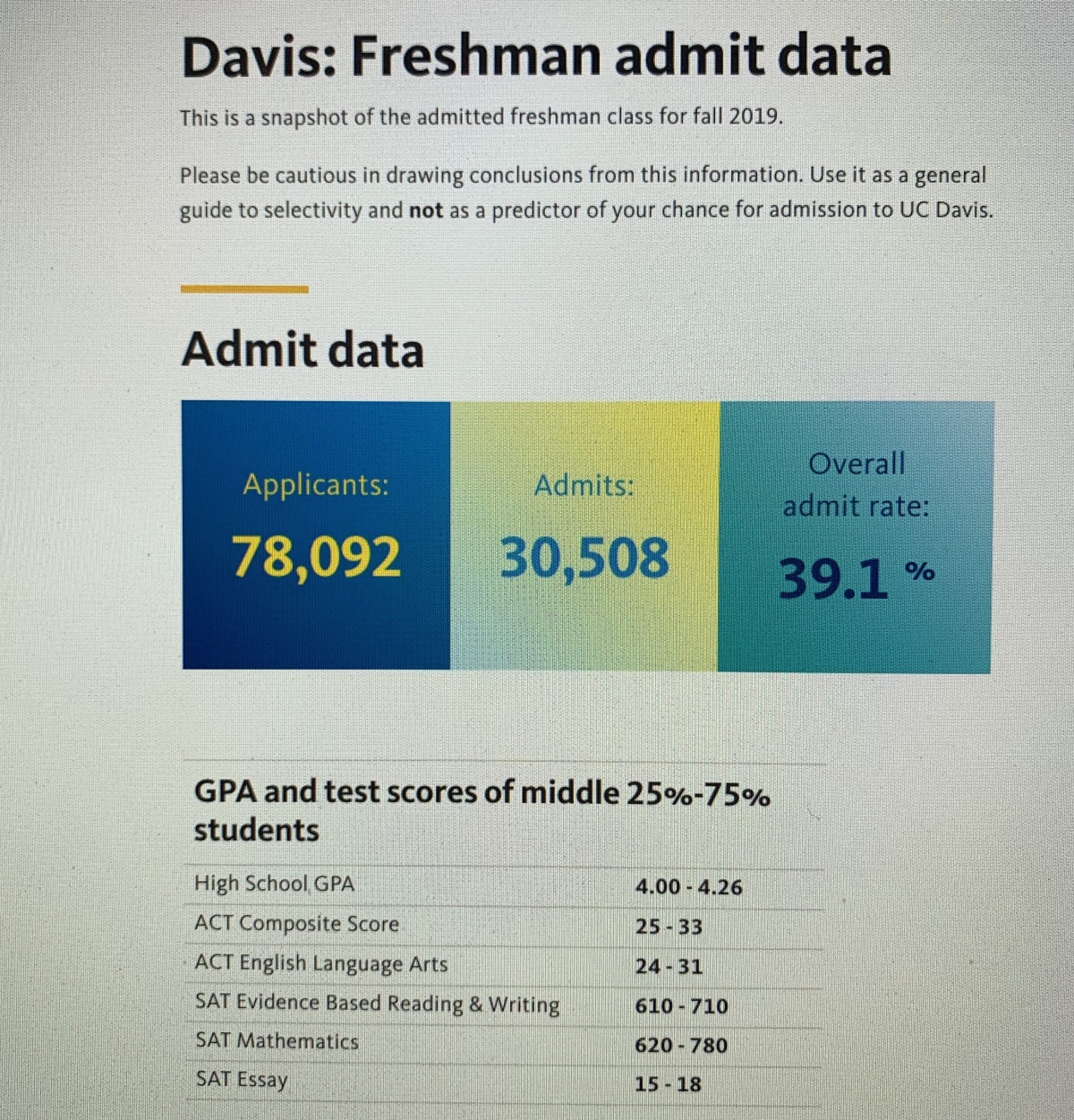
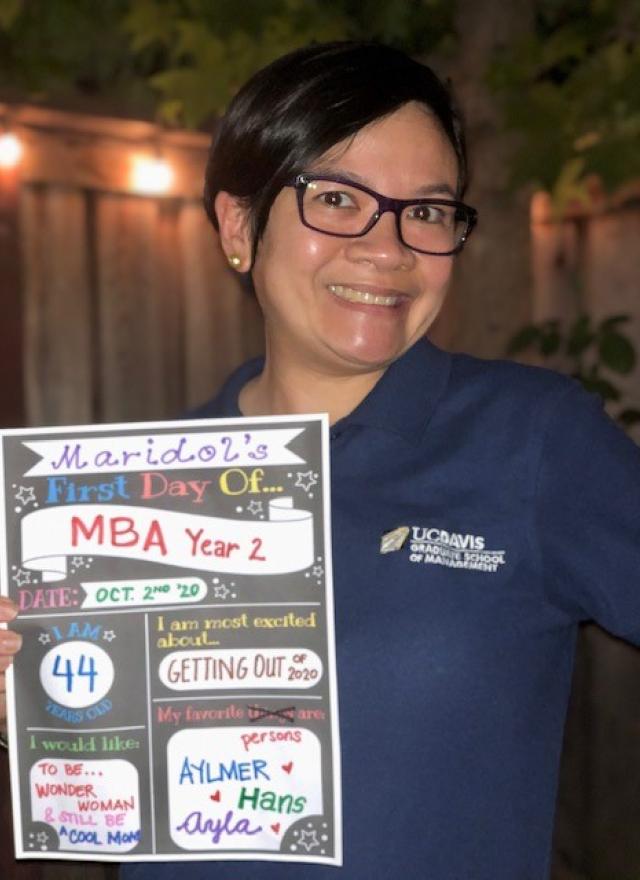



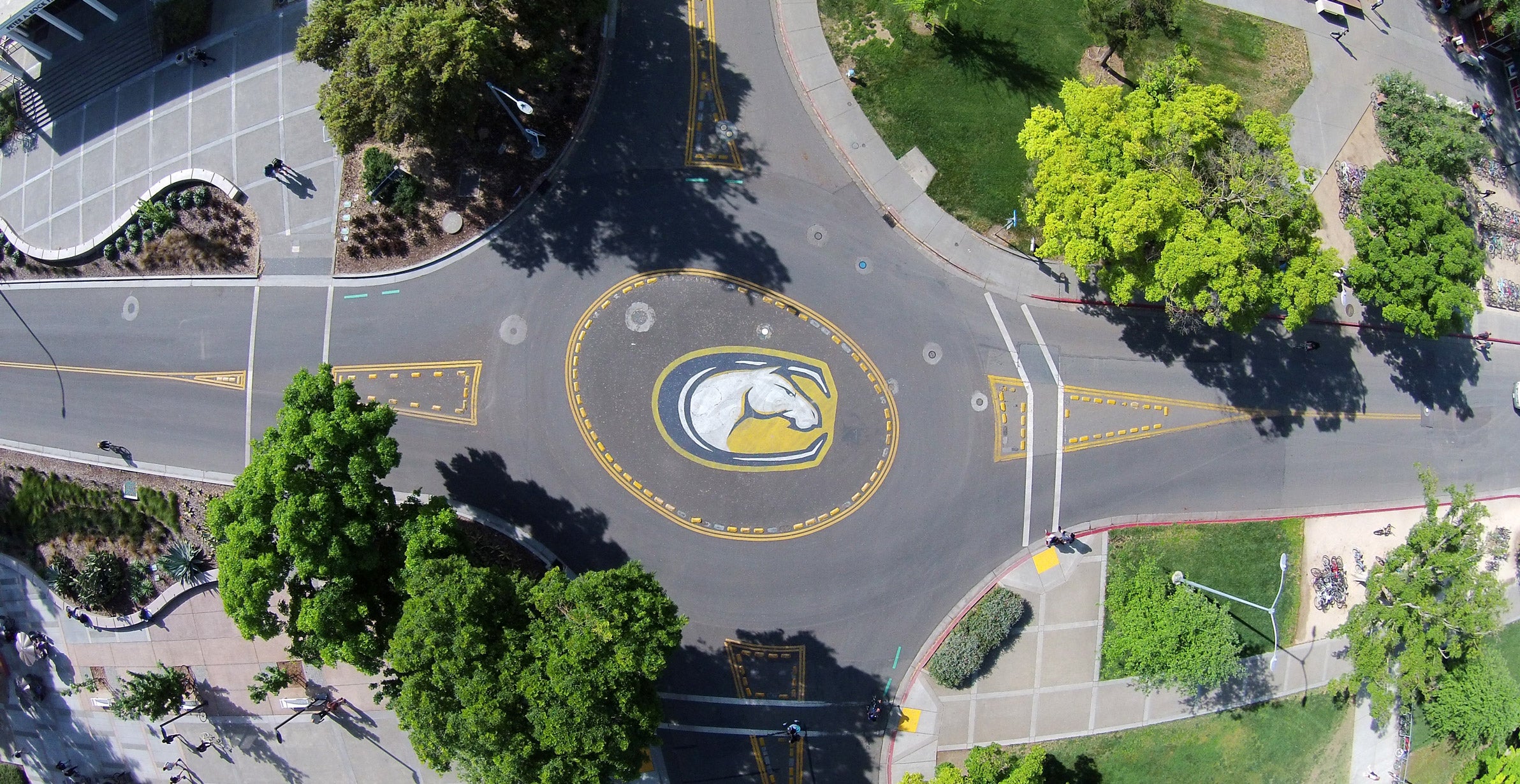






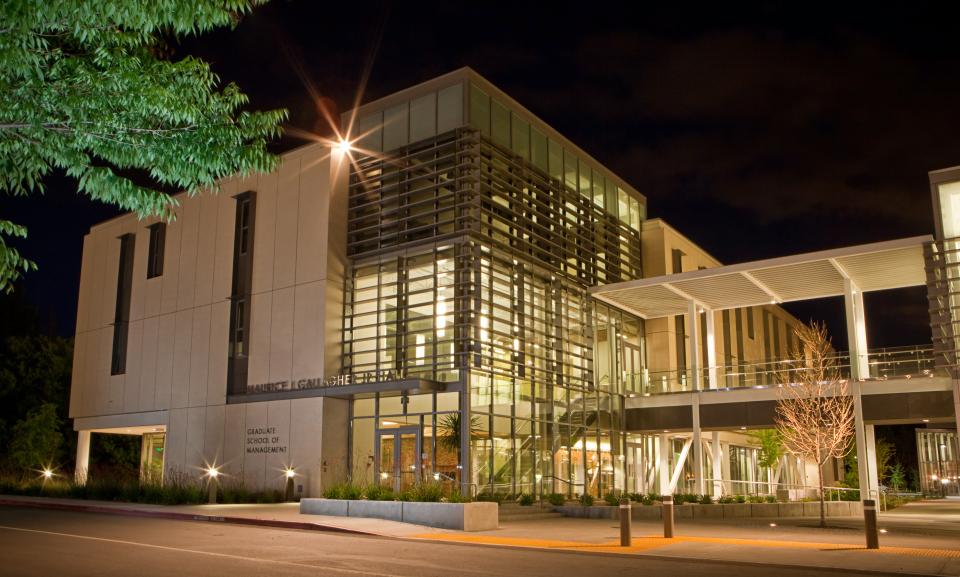



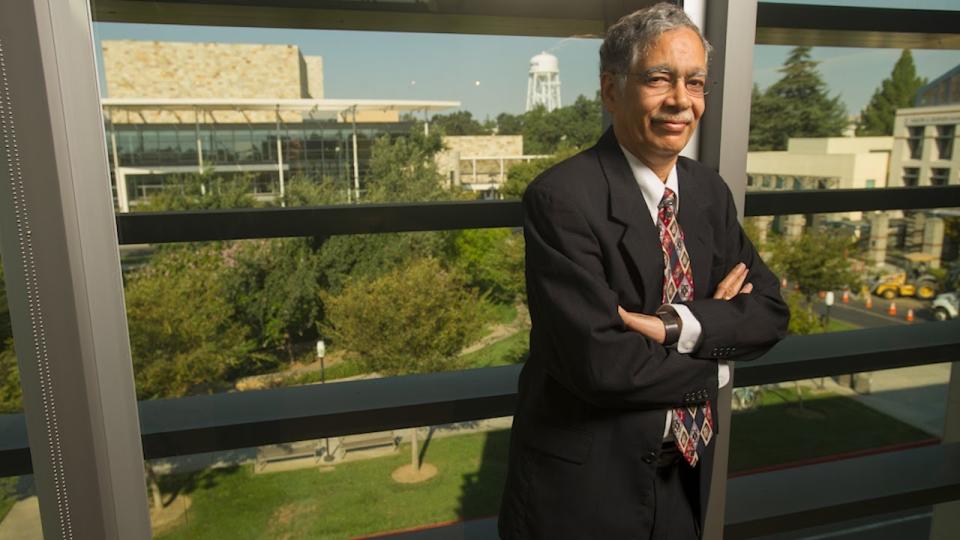



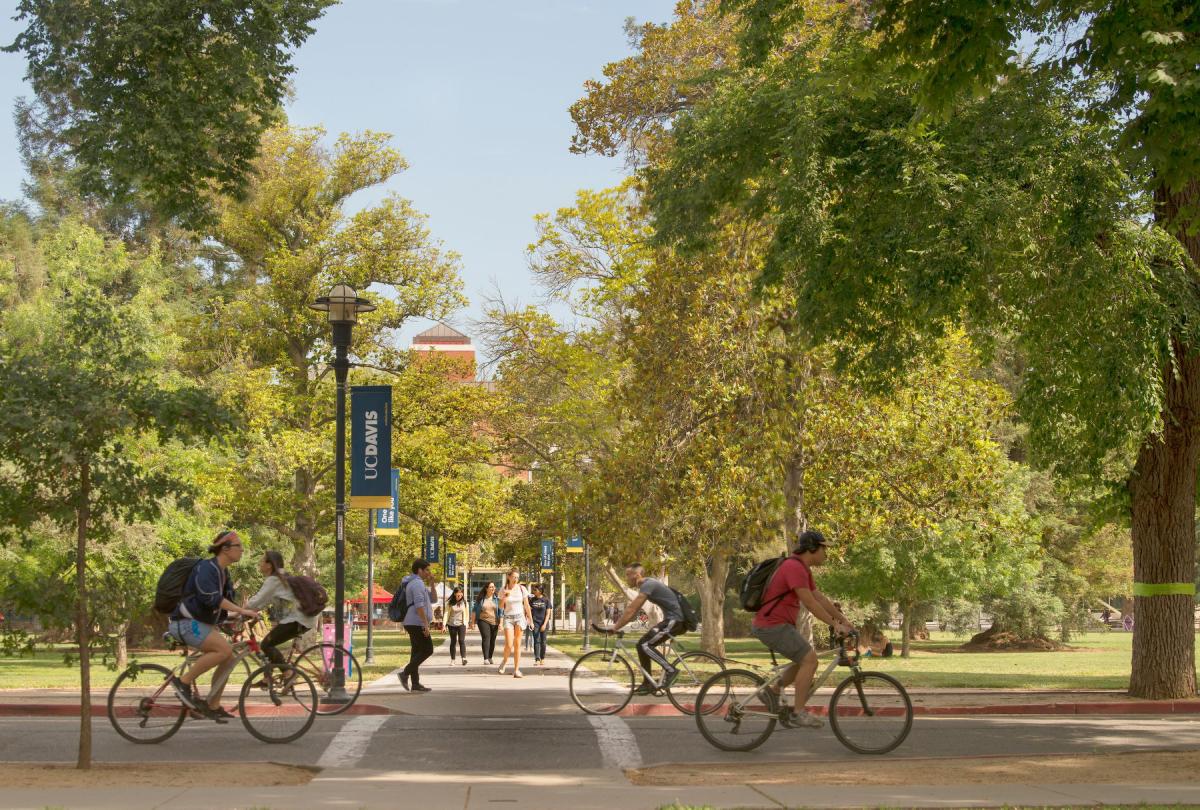
No comments:
Post a Comment
Note: Only a member of this blog may post a comment.